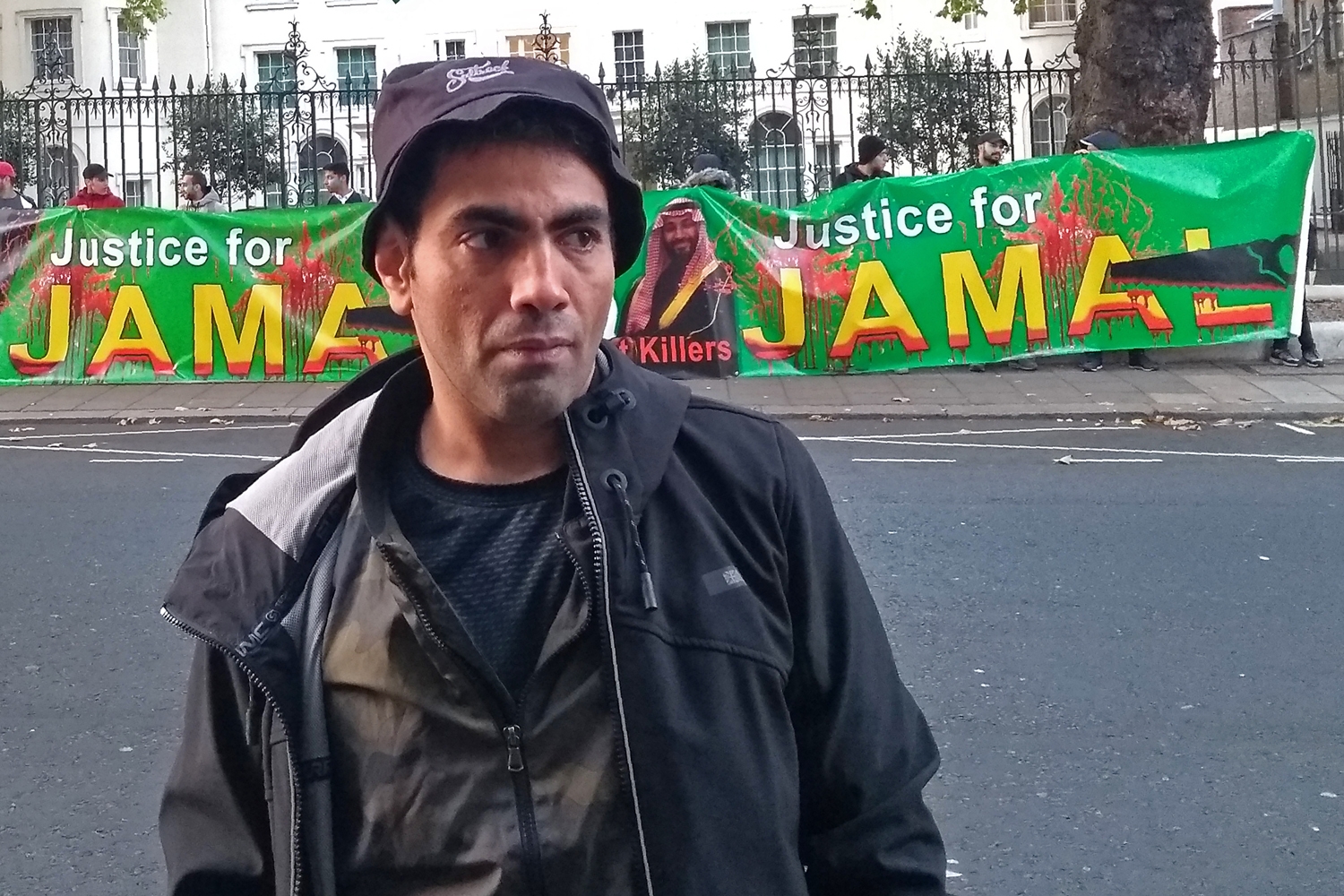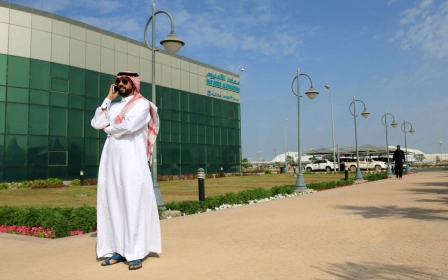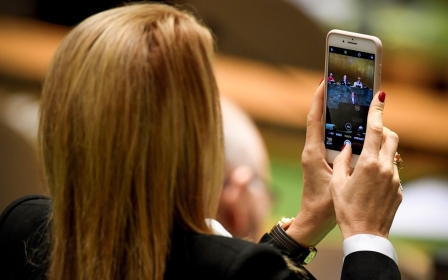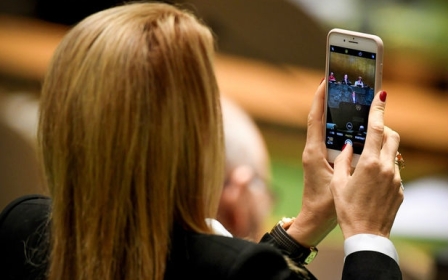Another Saudi dissident says Gulf kingdom hacked his phone with spyware

A Saudi satirist who lives in exile in London and routinely criticises the Gulf kingdom has filed a legal claim against Saudi Arabia, accusing the country of deploying spyware to obtain personal information from his phone.
Ghanem Almasarir filed the claim to the Saudi embassy in London, alleging that the Saudi government harassed him and hacked into his phone, the law firm representing him, Leigh Day, said in a statement on Tuesday.
"I have frequently used my right to free speech to speak out against the Saudi regime and criticise the Saudi royal family. One of the ways I do this is to use satire, however, the [Kingdom of Saudi Arabia] do not like to be laughed at," Almasarir said in the statement.
"I believe this is why I have been targeted," he added.
According to the statement, Almasarir was targeted with a type of spyware called Pegasus, which was developed by Israeli cybersecurity firm NSO Group.
In December, Almasarir sent suspicious text messages that contained links to Citizen Lab, a Canadian digital rights outfit associated with the University of Toronto that tracks the use of Pegasus against activists across the world.
The group concluded "with a high degree of confidence" that the "state responsible" was Saudi Arabia, the statement from Almasarir's law firm said.
Middle East Eye has previously reported on NSO Group's Pegasus spyware.
Known as a "one-click system", the spyware allows operators to instal and monitor the content of a target's phone after that target clicks on a link sent to them through phishing.
NSO Group says it sells its products to "legitimate government agencies for the sole purpose of investigating and preventing crime and terror".
But the company has been under increased scrutiny in recent years after reports emerged about governments using Pegasus to spy on human rights defenders and private citizens of Saudi Arabia, the United Arab Emirates, and Mexico, among other places.
Riyadh's 'extensive reach'
Saudi Arabia has been accused of using the spyware to target prominent dissidents and critics of the country's powerful crown prince, Mohammed bin Salman, in particular.
That includes Omar Abdulaziz, a Saudi government critic based in Canada who accused the Saudi government of hacking into his phone using the NSO Group's spyware programme.
Abdulaziz was in contact with Jamal Khashoggi shortly before the Saudi journalist was brutally murdered inside the Saudi consulate in Istanbul last October.
Critics of NSO Group have called on the company to stop selling its spyware to oppressive regimes, which they say can have deadly consequences.
In fact, the CIA recently warned three of Khashoggi's associates, including Abdulaziz and human rights activist Iyad al-Baghdadi, who is based in Norway, that they could be "the targets of potential retaliation from Saudi Arabia".
Meanwhile, Amnesty International said in August that a staffer's phone was infected with the Pegasus software via a WhatsApp message.
Pegasus software can be hacked into phones in several ways, from users clicking on a malicious link to "refined techniques to infect a device without any user interaction", Amnesty said.
'I left Saudi Arabia to get away from its oppressive government, however, I believe their extensive reach has followed me here'
- Ghanem Almasarir, Saudi satirist and rights activist
Once installed, "operators" gain full access to a person's phone, including their contacts, text messages, photos, call history and even location information.
Almasarir has 400,000 followers on Twitter and frequently uses that platform - along with his popular YouTube channel - to criticise Saudi Crown Prince Mohammed bin Salman and the Saudi government.
"I left Saudi Arabia to get away from its oppressive government, however, I believe their extensive reach has followed me here," Almasarir said in his statement.
"Everyone should have a right to their privacy and be able to live their lives freely, without interference or intimidation.
"It is not only my privacy that has been invaded, it is also the privacy of my family and friends and those that come to me for help to tell their stories from inside the country."
Middle East Eye propose une couverture et une analyse indépendantes et incomparables du Moyen-Orient, de l’Afrique du Nord et d’autres régions du monde. Pour en savoir plus sur la reprise de ce contenu et les frais qui s’appliquent, veuillez remplir ce formulaire [en anglais]. Pour en savoir plus sur MEE, cliquez ici [en anglais].





